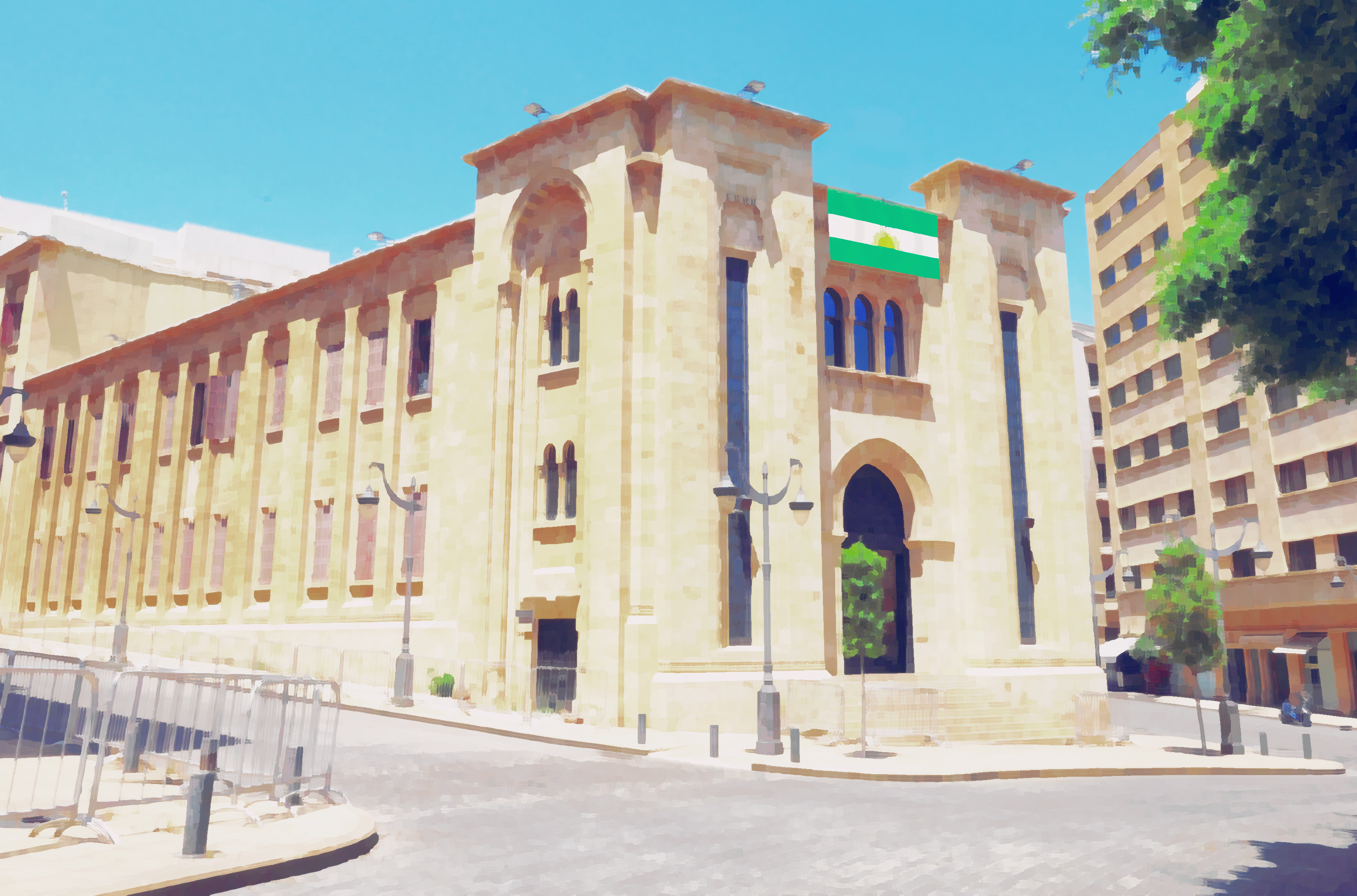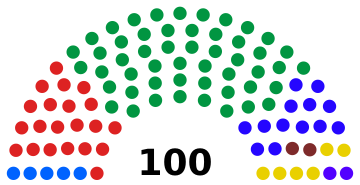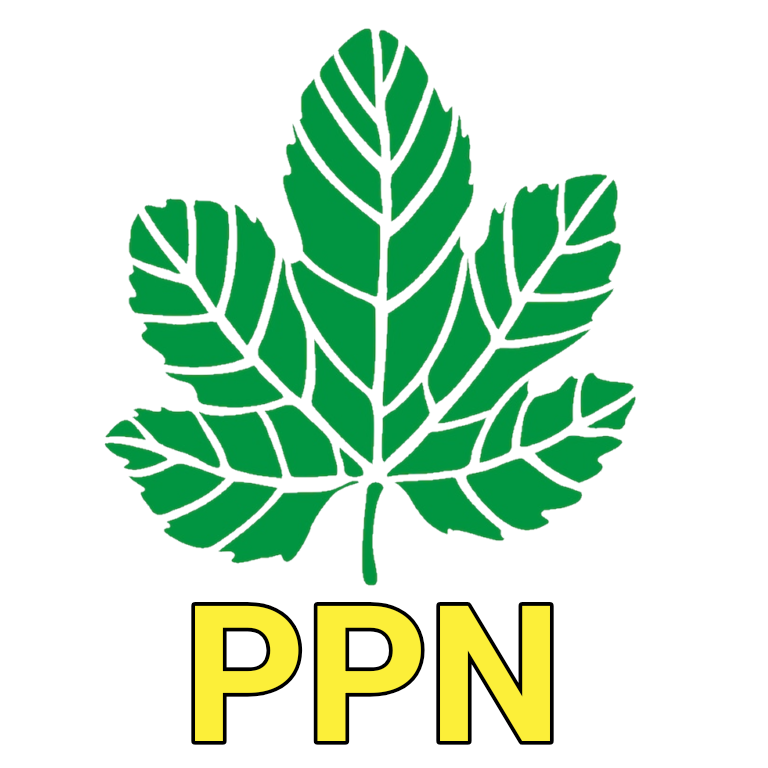National Assembly of Mastar

| Type: | Unicameral |
| Speaker: | Ivo Ragheb |
| Seats: | 100 |
 |
|
| Voting system: |
Party list proportional representation |
| Election: | Every 5 years |
National Assembly of Mastar (Assemblée Nationale de Mastar) is the parliament of Mastar. Its has 100 members elected for five-year terms with up to two terms. Mastar has universal adult suffrage. The National Assembly's main function is to approve the government apointed by the President, laws and expediture.
Political Parties
| Party Name | Logo | Ideology | Position | Seats | Comments |
| National Progressive Party |  | National Liberalism Progressivism Secularism | Centre-Left to Centre-Right | 51 | |
| Mastari Labour Alliance |  | Social Democracy Social Liberalism Progressivism Secularism | Centre-Left | 21 | |
| Strong Unity |  | Right-Wing Populism Liberal Conservatism | Right-Wing | 13 | |
| Religious Front | Logo | Social Conservatism Shafar Nationalism Pro-Eikai | Far-Right | 6 | |
| Radical Party |  | Democratic Socialism Radical Progressivism Anti-Imperialism Anti-Nationalism Anti-Theism Anti-Capitalism | Left-Wing to Far-Left | 5 | Split off from MLA in 1960 due to internal conflict over official party line and leadership. |
| Mastari Party for Liberty and Development | Logo | Right-Wing Populism National Conservatism Liberal Conservatism Mastari Nationalism | Right-Wing | 2 | |
| Center for Patriotic Education | Ultranationalism Ethnonationalism National Conservatism Voakkeanism | Far-Right | 2 |
History
Mastari National Assembly first convened on 4th of August 1955, one day after the country gained independance. Many new political parties were created during that time, although some which were founded in conspiration, such as the NPP or the MLA, only now became legal, despite functioning even for years before the formation of the parliament.
Mastari politics were largely dominated by the National Progressives, with Emmanuel Khour on the lead, enjoyed a confortable majority in the parliament for almoast three decades (with de facto one-party rule), but their popularity suffered in recent years due to worsening economic conditions and the aftermath of both the First Oil War and the Oil Crisis.
Electoral System
Elections are ususally held on the Last Sunday of October every five years. Mastar has 10 electoral districts, which serve no purpose other than to decentralize the voting process. The amount of votes and percentages are forwared to the capital for further calculation until the composition of the parliament is decided by the overall number of votes from every district. Seats are then distributed to each registered political party in accordance to the voting results.
Many politicians have called this process unfair because due to the percentage of votes of the entire population being prioritarized over the percentages from each electoral district most elections are deiced by major urban aglomerations, especially Qadam, which the NPP often exploited to maintain their majority in the parliament.